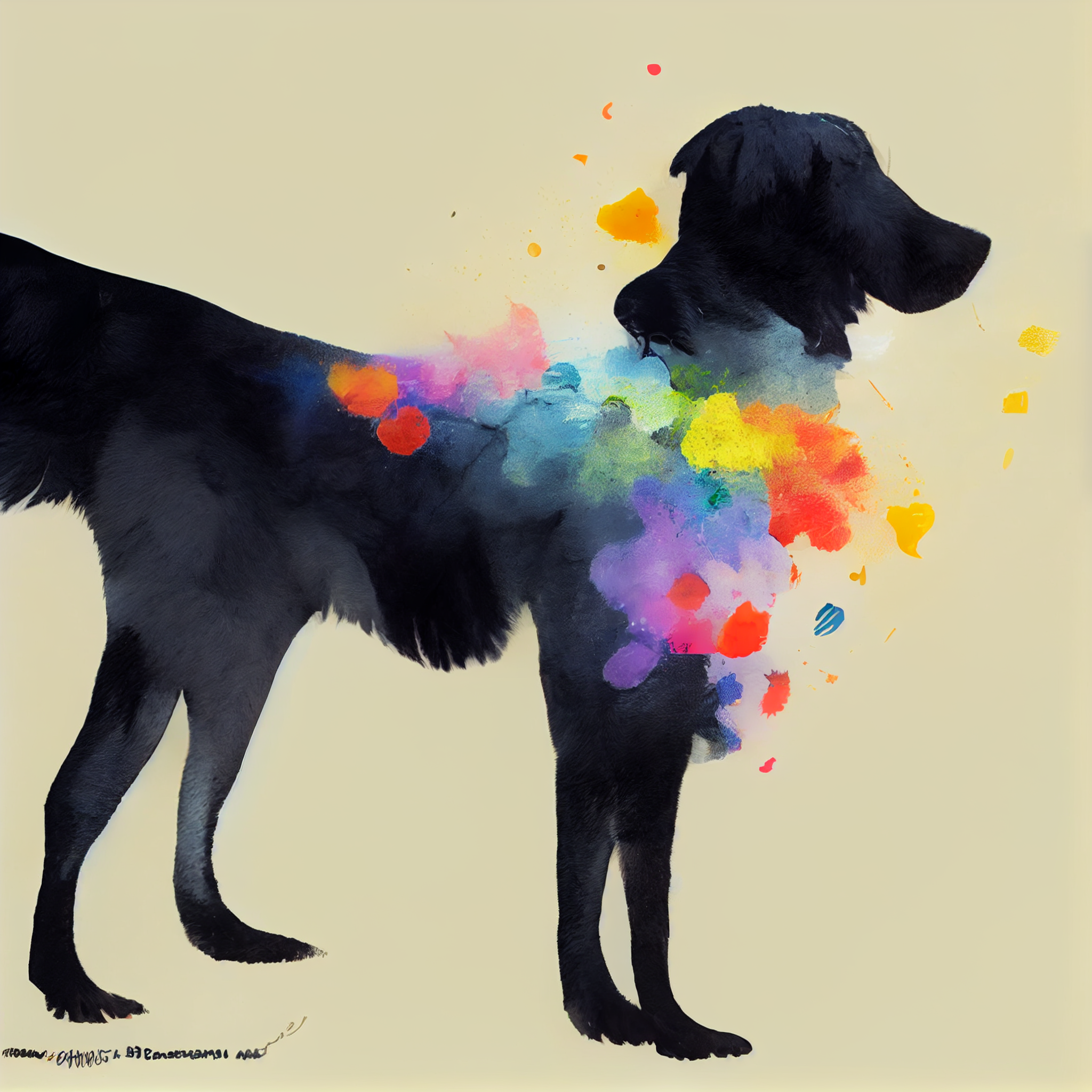Signs Your Dog May Be Autistic (And What You Can Do About It)

Dogs can be autistic, just like humans. Autism spectrum disorder (ASD) affects an estimated 1 in 68 U.S. children, according to the Centers for Disease Control and Prevention (CDC). Though you may not realize it, your pup may also be affected by ASD, though their condition isn’t diagnosed in dogs like in people. However, there are common signs of ASD in dogs that can help you learn how to spot it so you can take action to improve your pup’s quality of life – even if your dog doesn’t have autism.
Is My Dog Autistic?
Can Dogs be Autistic? The answer is yes. It’s important to note that dogs can exhibit autistic behaviors without being on the autism spectrum. Some dog breeds tend more toward certain behaviors than others, as well as environmental factors such as how much social contact they have. Here are some signs your dog may be autistic:
– Difficulty making eye contact with humans or other animals
– Lack of response to verbal cues
– Excessive fearfulness of loud noises or sudden movements
– Unable to play with toys or interact with other dogs in a usual way
If you notice any of these symptoms in your dog, consider taking them to a vet specializing in animal psychology and behavior for an evaluation.
How to Tell If Your Dog Is Autistic
1. If your dog seems withdrawn avoids eye contact, and/or is unresponsive when you call his name, he may show signs of autism.
2. If your dog doesn’t like to be touched or petted in certain places but will let you touch him in other areas, this could also be a sign that he’s autistic.
3. Some dogs with autism have obsessive behaviors, such as spinning around in circles repeatedly, while others are prone to aggression.
4. If your dog has any of these behaviors, it can be tough to understand what they want from you.
5. The good news is there are many treatments for dogs with autism that can help them become more social and happy!
When Is Autism Most Likely to Show Up?
Autism is a developmental disorder that can appear in dogs at any point in their lives. So if you’re wondering, can dogs be autistic? Or is my dog autistic? This post will help you identify the signs and suggest what to do next. The most common time of onset is between 12-18 months old. However, dogs with delayed development may not show symptoms until they are older. Signs of autism include social isolation, low reactivity to sound or touch, lack of self-grooming, and repetitive behaviors like circling or rocking back and forth. Treatment options vary by severity but may include therapy sessions with your veterinarian, dietary changes, environmental enrichment, and training. Speak with your veterinarian about how to best diagnose your pup’s condition and discuss treatment options based on severity.
More Ways Dogs Are Like Children
Dogs are very much like children. They require a lot of attention, need to be loved, and know that they’re safe. Like children with autism, dogs may have difficulty regulating their emotions and responding appropriately to environmental changes. Some of the ways dogs can act autistic include:
-Pacing or spinning in circles when stressed or excited
-Barking at nothing or chasing their tail -Unusual attachment to one person
-Excessive licking of surfaces, including self-licking -Inability to cope with loud noises or high levels of light
Getting Started with the Right Trainer and Facility.
There’s a lot of research to suggest that dogs can be autistic. If you’re wondering how to tell if your dog is autistic, the best place to start is with professional help. Dogs differ significantly from people’s perception and understanding of the world around them. Their needs may also be much different from those of humans. Suppose you’ve noticed some concerning behavior patterns in your pup. In that case, it might be time to evaluate them by an experienced dog trainer or animal behaviorist. These professionals will give your pet plenty of love and attention and thoroughly assess their behaviors and body language. They’ll also work closely with you so that you and your furry friend know what to expect going forward.
Discover more from Living with Autism
Subscribe to get the latest posts sent to your email.


1 Response
[…] for children with ASD include increased social isolation and mental health […]